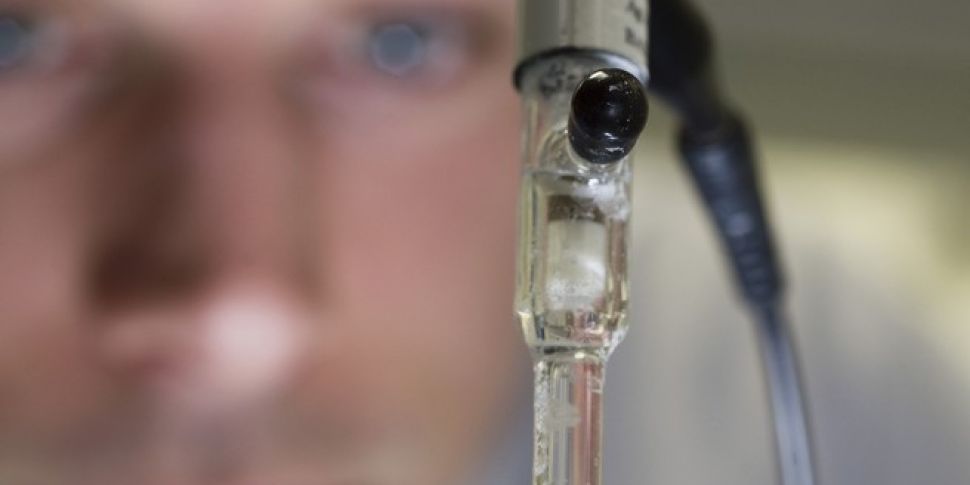A new centre for medical device research, which will work to improve equipment used by people with chronic diseases, is to be launched today at NUI Galway.
Cúram is backed by €68 million in funding aimed at translating research to clinical applications "as efficiently and quickly as possible".
Science Foundation Ireland and industry partners are providing €49 million worth of investment, while €19 million has been secured from the EU's Horizon 2020 programme.
The facility will focus on developing devices to mimic the body’s biology, targeting chronic diseases including diabetes, Parkinson’s and heart disease.
The university said the official opening of Cúram, described as a "global hub" of multidisciplinary expertise, represents a unique partnership between Irish academic and industry.
Among the indigenous and multinational companies the centre will work with are Aerogen, Arch Therapeutics, Boston Scientific, Neuravi and Medtronic.
Its six academics partners are NUI Galway, University College Dublin, Trinity College Dublin, University of Limerick, UCC and the Royal College of Surgeons.
Professor @abhay_curam Scientific Director of #CÚRAM a global hub of research expertise @CURAMdevices #MedtechGalway https://t.co/Wj0pXN744S pic.twitter.com/yA5RzMVqAb
— NUI Galway (@nuigalway) September 26, 2016
Minister Mary Mitchell O’Connor said the launch marks a significant development for Ireland's medtech sector, which accounts for over 29,000 jobs and €12.6 billion worth of exports.
"Cúram will also play a key role in ensuring that world-class skills will be available to companies in Ireland ... by providing access to unparalleled scientific expertise and innovation," she added.
The centre’s scientific director, Prof Abhay Pandit, who heads up a 280-strong team, said its research will particularly focus on devices for chronic diseases.
"Working with industry partners and clinicians, we will better understand the 'hostile environment' of the body and advance medical devices to the next stage where they mimic the body’s biology," he said.
"We want to launch devices which are more effective for the individual patient, but more affordable to lessen the burden on healthcare systems worldwide."
The facility combines areas of biomedical science including glycoscience, biomaterials science, regenerative medicine and tissue engineering, drug delivery and medical device design.
"Bringing together expertise from various fields leads to tantalising possibilities," Prof Pandit explained.
"In the long-term, we may have minimally invasive injections instead of operations for back pain, electrodes which degrade within the body over time, or 3D printed muscles and tendons.
"This will not happen overnight, but the unparalleled combination of scientific, industry and clinical and regulatory expertise which Cúram facilitates will get us there in the coming years."









